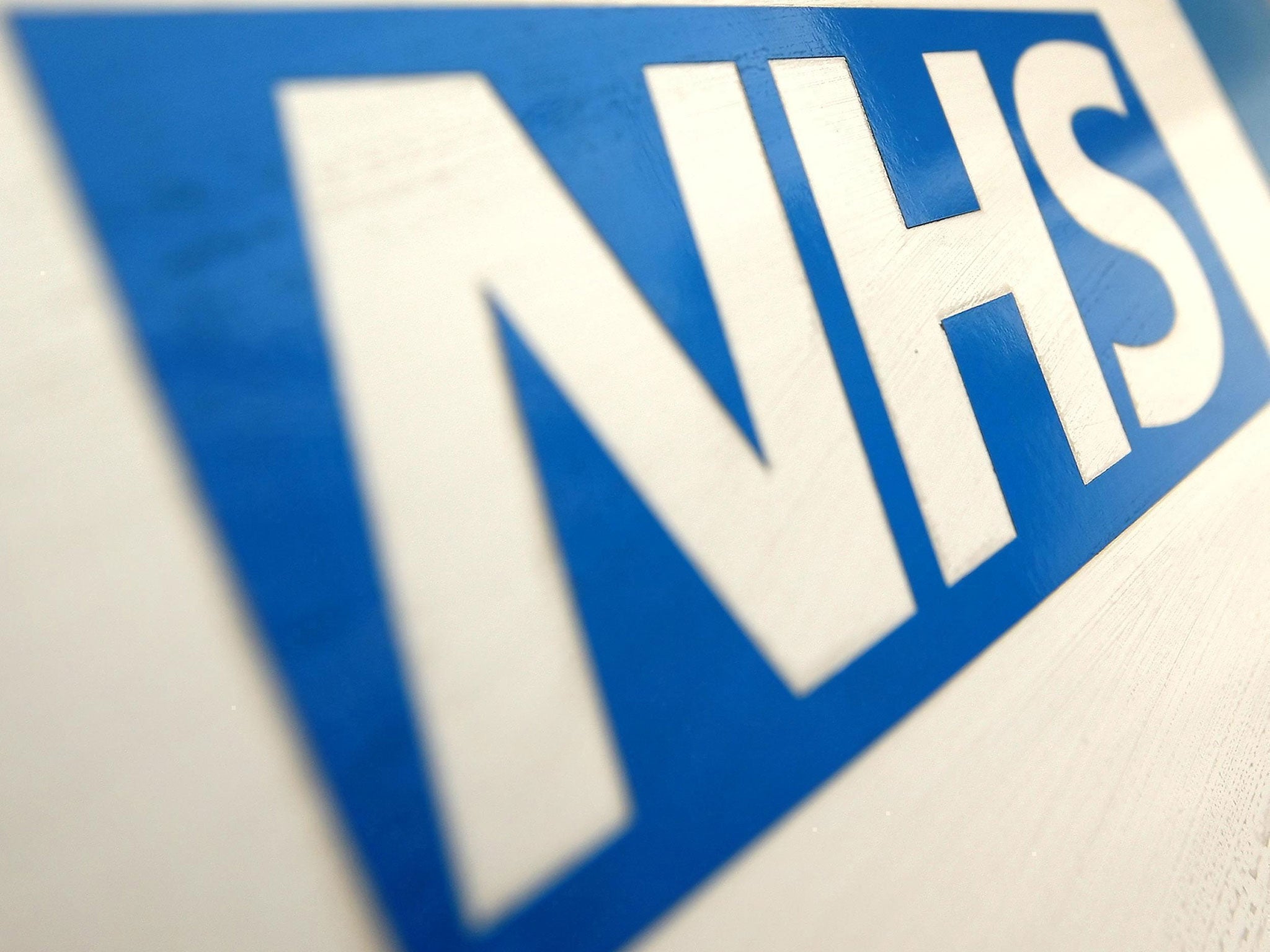NHS unveils 'hospital chains' scheme in bid to secure the future of small, local clinics
Chief executive of NHS England says shake-up would end 'the era of go-it-alone hospitals'

The NHS will secure the future of small local hospitals by placing them in “hospital chains” led by some of the country’s leading medical institutions.
Wards in some local hospitals will be run by world-renowned NHS organisations including the Royal Marsden and Moorfields Eye Hospital. In some cases, specialists from top institutions could even be seconded to smaller hospitals in their region to provide services such as orthopaedics and ophthalmology.
Announcing 13 pilot schemes, Simon Stevens, the chief executive of NHS England said the radical shake-up would end “the era of go-it-alone hospitals”.
The fragmentation of the NHS into separate, standalone organisations managing individual hospitals dates back to the 1960s. Ed Smith, the chairman of the hospital regulator Monitor, said the health service needed to evolve. It is hoped that sharing staff, services and resources between NHS trusts will ensure more consistency in the standards and systems of care patients receive at different hospitals.
The first “multi-hospital chains” will form in Greater Manchester, London, and Northumbria. In another scheme, Dartford and Gravesham NHS Trust will benefit from a partnership with Guys and St Thomas’ NHS Foundation Trust.
Meanwhile, specialist hospitals such as Moorfields in central London and orthopaedic centres in Birmingham, north London and Shropshire will co-ordinate how specialist care is delivered nationwide.
“Rather than patients routinely having to travel to specialist centres, we want to test the idea of bringing that expertise to their local hospital,” Mr Stevens said.
“This could help support a viable future for many smaller hospitals that are often so important to local communities, and improve the quality and range of services available, reducing the need to travel long distances.
“Specialists centres will continue to play a critical role, but we can also bring more world-class care to the patient’s doorstep.”
Nigel Edwards, the chief executive of the Nuffield Trust health think-tank, welcomed the plan, but said it would take time to implement.
“The big change is an acknowledgement that the hospital is no longer seen as an island institution sitting on its own… Patients might well find more consistency between different hospitals and that some of those process and systems work better.”
Officials also hope that the plan will drive down costs. The hospital sector in England is expected to end the year £2bn in the red and there are fears the Department of Health may be forced to overspend to maintain services.
Speaking at an NHS England board meeting Mr Stevens said that it would be “very hard for the NHS overall to deliver its side of the funding bargain for 2015-16” without urgent action from hospitals on agency staffing costs.
Mr Stevens also said that Government action was needed to remove visa barriers to the international recruitment of nurses.
Subscribe to Independent Premium to bookmark this article
Want to bookmark your favourite articles and stories to read or reference later? Start your Independent Premium subscription today.




Join our commenting forum
Join thought-provoking conversations, follow other Independent readers and see their replies
Comments